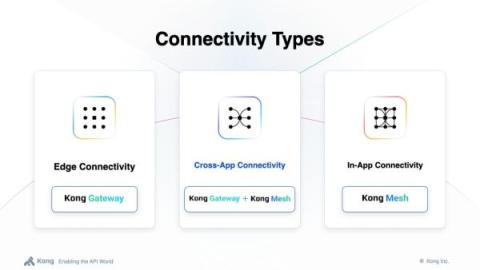Systems | Development | Analytics | API | Testing
%term
Unlocking Team Potential by Accelerating Code Reviews
In the fast-paced world of software development, speed and efficiency are paramount. The State of DevOps 2023 report by Google has reinforced the significance of quick code reviews, claiming that teams with faster code reviews experience a staggering 50% higher software delivery performance. This finding underscores the importance of optimizing the code review process. But how can teams achieve this improvement?
The Economic Impact of APIs: API Monetization, AI, Web3, and Beyond
The best realtime collaboration SDKs, platforms, and frameworks
Miro and Figma have triggered the imagination of many developers looking to build similar collaborative features into their applications. It’s a fast developing landscape with new entrants and innovations emerging all the time across product categories - CMS to slide decks, spreadsheets to project management.
API Gateway and Service Mesh: Bridging the Gap Between API Management and Zero-Trust Architecture
Inclusion for all should be the priority in #accessibility
Comparing Moesif and Apigee: A Deep Dive into API Monetization Features
In today’s digital age, APIs have become the backbone of many businesses, enabling seamless integration and communication between applications, platforms, and users. As the demand for APIs grows, so does the need for effective API management and monetization. In this post, we’ll compare two leading API platforms, Moesif and Apigee, focusing on their monetization features.
Building a global deployment platform is hard, here is why
If you ever tried to go global, you have probably faced a reality check. A whole new set of issues starts to appear when you start to operate a workload over multiple locations across the globe: So it looks like a great idea in theory, but in practice, all of this complexity multiplies the number of failure scenarios to consider!
What's New in Node.js 21
Node.js v21, the latest Node update, is now available as a stable release. It supersedes v20 in the'Current' release line, which has been promoted to the long-term support (LTS) channel as of 24 October. This new version stabilizes the fetch and WebStreams API, adds a built-in WebSocket client, improves support for ES modules, and brings some notable performance improvements (as well as a customary update of Node.js dependencies such as V8).











